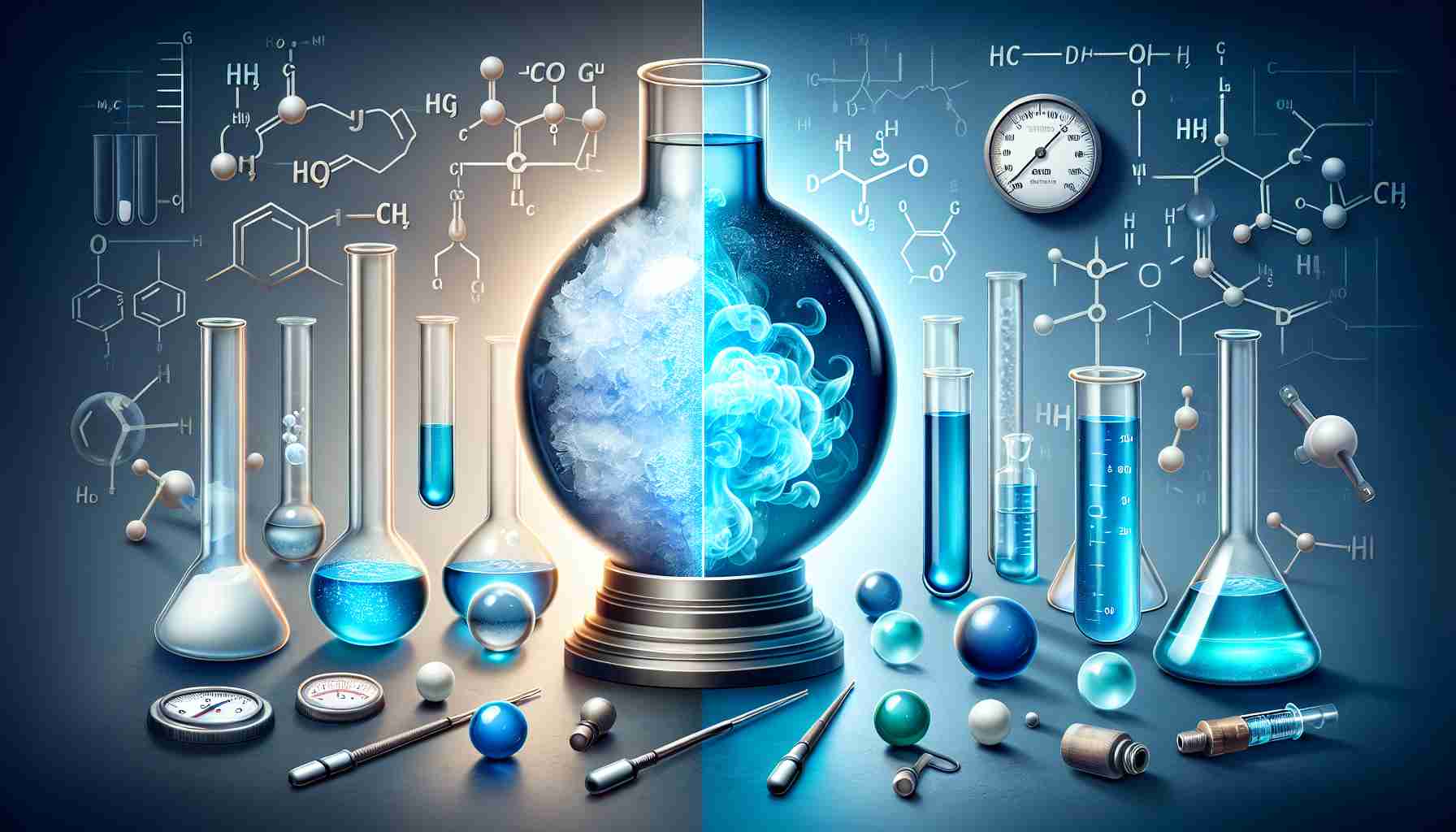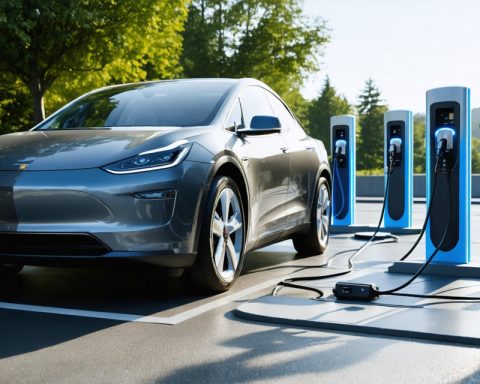Innovative Fuel Technology on the Horizon
As the global automotive industry seeks cleaner alternatives, liquid nitrogen is emerging as a groundbreaking contender alongside hydrogen. Researchers at the University of Washington have developed a prototype engine, the LN2000, that leverages the unique properties of liquid nitrogen, sparking a wave of excitement in the quest for sustainable vehicle technology.
The LN2000 engine operates ingeniously by harnessing the rapid expansion of liquid nitrogen when heated. This mechanism drives pistons, similar to traditional combustion engines, transforming thermal energy into mechanical power. Notably, the engine’s operation results in only nitrogen gas emissions, a natural byproduct that poses no environmental threat.
Despite a current range limitation of only 30 miles per full tank, advancements in research could significantly enhance this figure. Refueling times are on par with conventional gasoline vehicles, making the LN2000 a potentially convenient option for drivers.
Liquid nitrogen boasts several advantages over hydrogen, including safer handling, as nitrogen is nonflammable and non-toxic, ensuring public safety. Additionally, it requires less energy for production and can utilize existing infrastructure more easily than hydrogen refueling stations.
While the LN2000 promises exciting potential, challenges remain, particularly in extending range and power output. The automotive industry eagerly watches as researchers strive to refine this innovative fuel source, potentially changing the face of clean transportation.
Liquid Nitrogen Engines: The Next Frontier in Sustainable Transportation
Overview of Liquid Nitrogen Technology
The automotive industry is experiencing a transformative phase as it pivots towards cleaner and more sustainable fuel alternatives. Among the frontrunners of this evolution is liquid nitrogen, which has gained traction as an innovative fuel technology. Research teams, notably from the University of Washington, are at the forefront of this revolution with the introduction of the LN2000 engine. This engine harnesses the unique properties of liquid nitrogen to create a promising solution for eco-friendly vehicles.
How the LN2000 Engine Works
The LN2000 engine utilizes the principle of thermal expansion of liquid nitrogen, which expands rapidly when heated. This expansion drives pistons in a manner akin to traditional combustion engines, converting thermal energy into mechanical power. Importantly, the only emissions produced are nitrogen gas, which is harmless to the environment.
Advantages of Liquid Nitrogen Over Hydrogen
1. Safety: One of the most significant advantages of liquid nitrogen is its nonflammable and non-toxic nature. This characteristic reduces the risks associated with fuel handling compared to hydrogen, which is highly flammable.
2. Energy Efficiency: Liquid nitrogen production requires comparatively less energy, giving it an edge in sustainability over hydrogen fuel.
3. Infrastructure Compatibility: The integration of liquid nitrogen refueling stations into existing infrastructure is more straightforward than the establishment of hydrogen refueling networks.
Challenges and Limitations
While the LN2000 marks a notable advancement, it faces several challenges:
– Range Limitations: Currently, the LN2000 can travel only 30 miles per full tank. Researchers are actively working to enhance this range, but it remains a significant hurdle.
– Power Output: Further refinement is needed to amplify the engine’s power output to make the LN2000 a viable alternative for various vehicle types, including heavier models.
Future Trends and Insights
The future of the LN2000 and liquid nitrogen technology is filled with potential for innovation. With ongoing research, advancements in engine efficiency and range could lead to broader adoption in electric and hybrid vehicles. Additionally, as public and governmental support for sustainable energy increases, the infrastructure for supporting liquid nitrogen as a fuel source is likely to expand, making it a feasible option for everyday drivers.
Pricing and Market Analysis
As the technology matures, pricing will be a critical factor determining the LN2000’s market appeal. Currently, the cost of developing and deploying liquid nitrogen engines is high, but economies of scale might drive prices down as production becomes more widespread.
Conclusion
The development of the LN2000 engine stands as a symbol of hope in the automotive sector’s journey towards a sustainable future. By leveraging the properties of liquid nitrogen, researchers may be on the cusp of creating a new class of vehicles that could redefine clean transportation. The landscape continually evolves, and as further breakthroughs occur, liquid nitrogen may solidify its rightful place alongside existing clean technologies like electric and hydrogen vehicles.
For more information about advancements in automotive technology, visit Automotive World.















